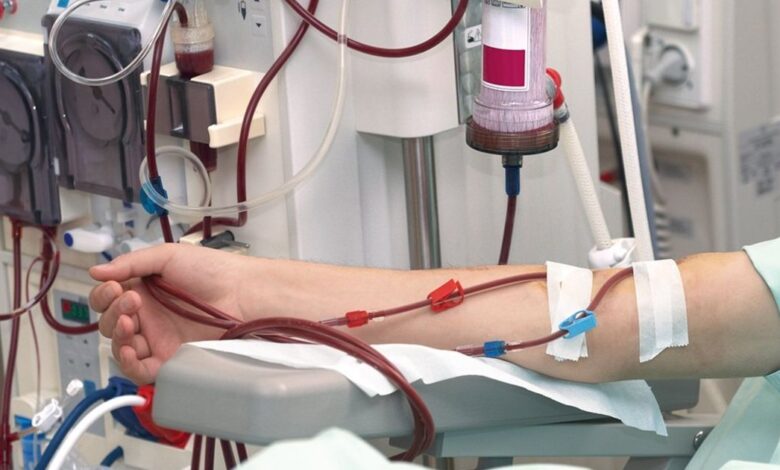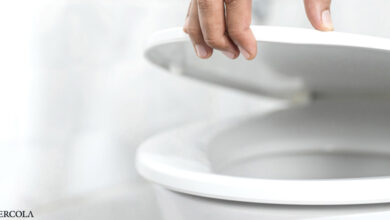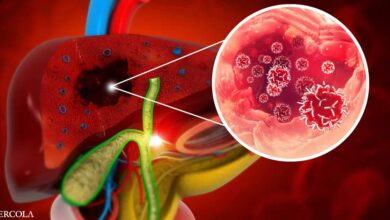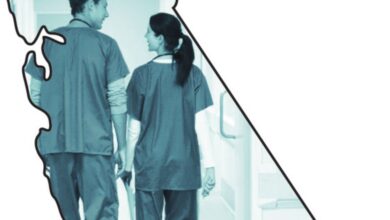Home dialysis falling short in Black, Hispanic communities

Efforts to increase dialysis treatment in the home are falling short in minority communities where a higher incidence of kidney disease occurs.
The reasons run the gamut, from providers failing to educate patients about treatment options to payers failing to properly identify patients that might benefit from home treatment, according to researchers and value-based kidney care management companies that work with patients to slow the disease’s progression.
Related: Why in-home dialysis is growing for kidney care
Compared with white people, Black people have three times the incidence of renal failure while Hispanic and Latino people have two times the incidence, according to the U.S. Renal Data System, which tracks kidney disease nationally. Yet the federal system reported only 7.3% of Black people and 7.4% of Hispanics and Latino people received dialysis at home, compared with 9.3% of white people in 2020, the most recent year of published data.
In effort to reduce the costs of kidney disease, the Trump administration launched the Advancing American Kidney Health initiative in 2019, which aims to encourage more home dialysis and transplants. More than 37 million people are treated for kidney disease annually, accounting for 6% of Medicare’s $609 billion in expenditures in 2020. About 3% of those patients require dialysis, while the others will likely need dialysis or a transplant in the future as the disease worsens.
Home dialysis can be more convenient for patients and costs $50 less per treatment than facility-based dialysis, according to research firm Prima Health Analytics.
Despite those benefits, a small study of Latino dialysis patients published earlier this month in JAMA Network found some had trouble arranging home treatment. Approximately five of 27 Latino home dialysis patients interviewed by researchers in Denver and Houston said physicians did not properly communicate treatment options when they were diagnosed with kidney disease, prompting some to rely on guidance from family and friends about where to receive care.
“It’s common for patients in the Hispanic or Latinx communities to learn about healthcare from their peers,” said study co-author Dr. Katherine Rizzolo, a nephrologist at Boston University Chobanian and Avedisian School of Medicine and Boston Medical Center. “In many communities a friend telling you to do something or not do something can have more weight than what a healthcare worker might tell you.”
That lack of information did not surprise nephrologist Dr. Alice Wei, chief medical officer at Strive Health, a value-based kidney care company that partners with health insurers and physicians to manage patient care. Wei said she often encounters nephrologists who consider home dialysis “a second-rate modality that only second-rate physicians would prescribe.” She attributed some physician resistance to a lack of education on new technologies that are more user-friendly.
Payers are also creating barriers in Strive Health’s efforts to manage kidney disease in some communities, Wei said. She said some health insurers the company contracts with do not provide data on patient race and ethnicity, which can play a significant role in managing and treating the disease through diet and lifestyle.
Another issue is handling the unique cultural differences between people from Mexico, South America, Central America, Caribbean nations and the U.S. territory of Puerto Rico. For instance, as the kidney care management company Interwell Health recently began offering service in Puerto Rico, it hired staff locally to ensure it understood the subtle nuances of the island’s culture and how it might affect how the company manages kidney disease there, said Chief Clinical Officer Carmen Peralta.
Even within cultures, providers and payers must consider how social determinants of health, such as housing, can affect access to home dialysis for individual patients, Peralta said. “You have to understand the person holistically and understand the barriers that each person faces to getting care.”




